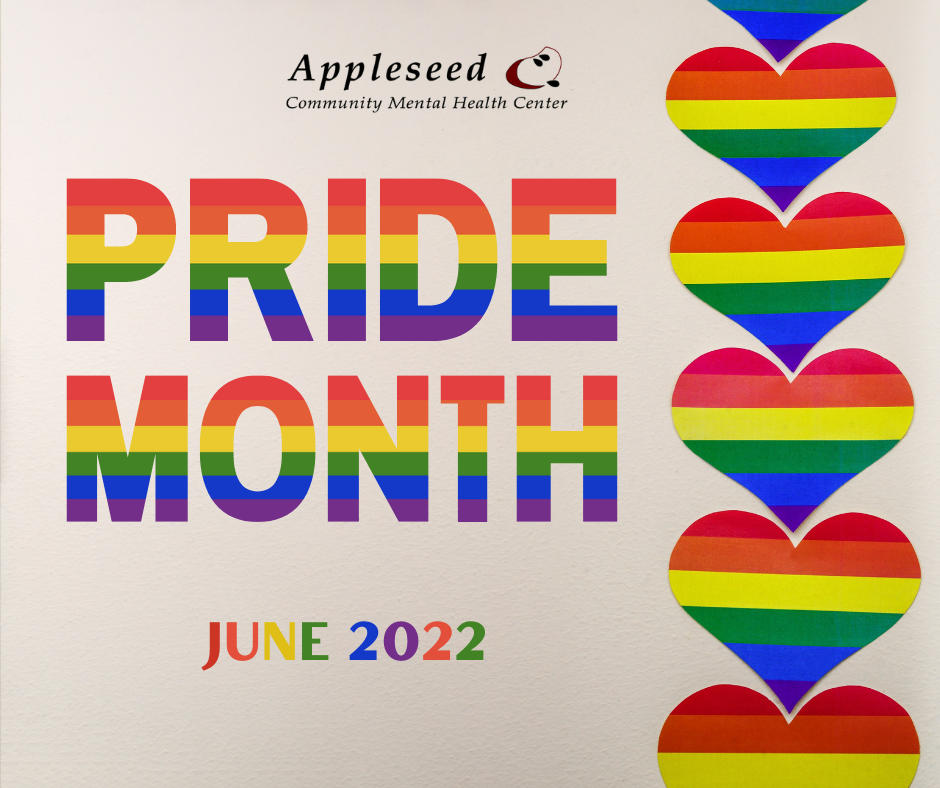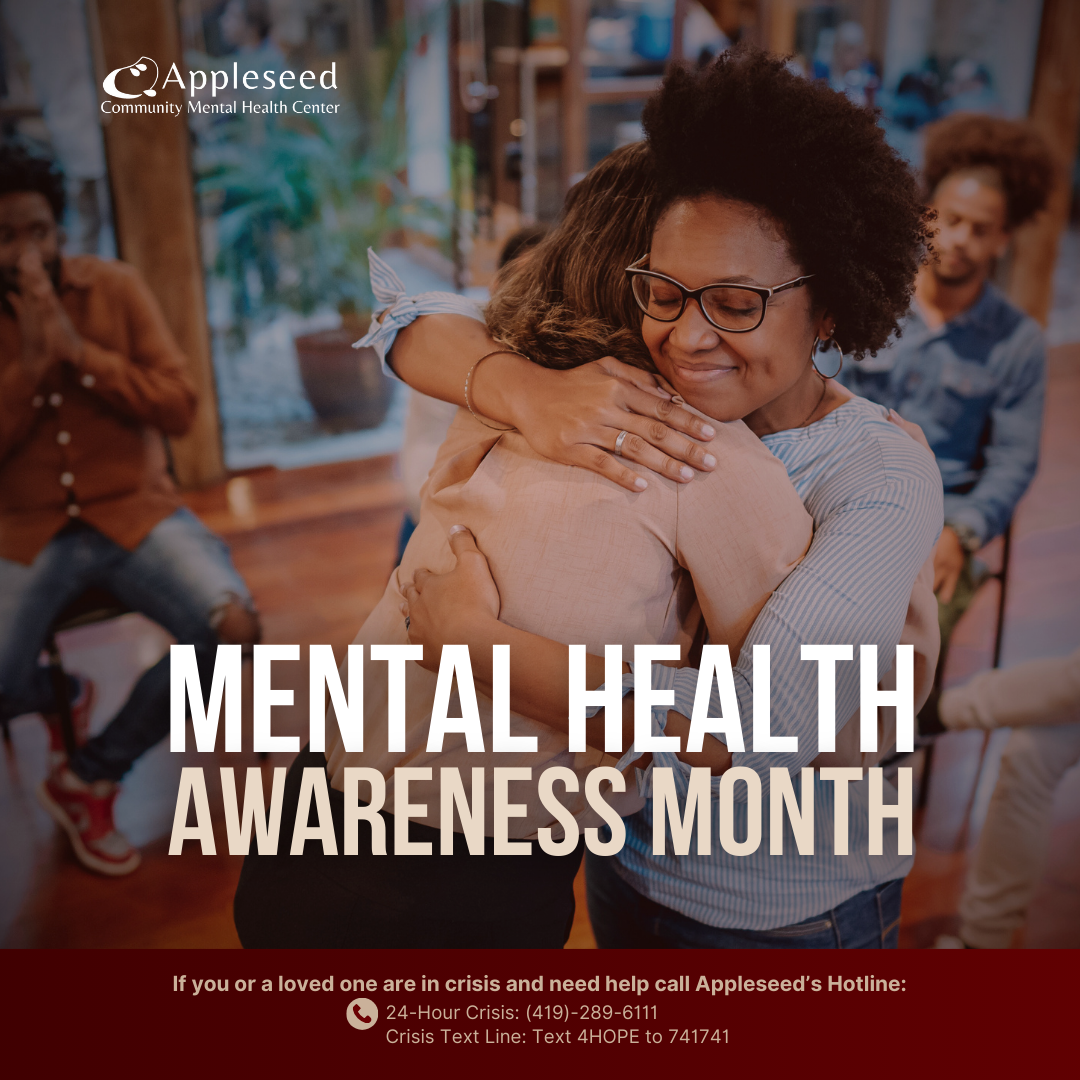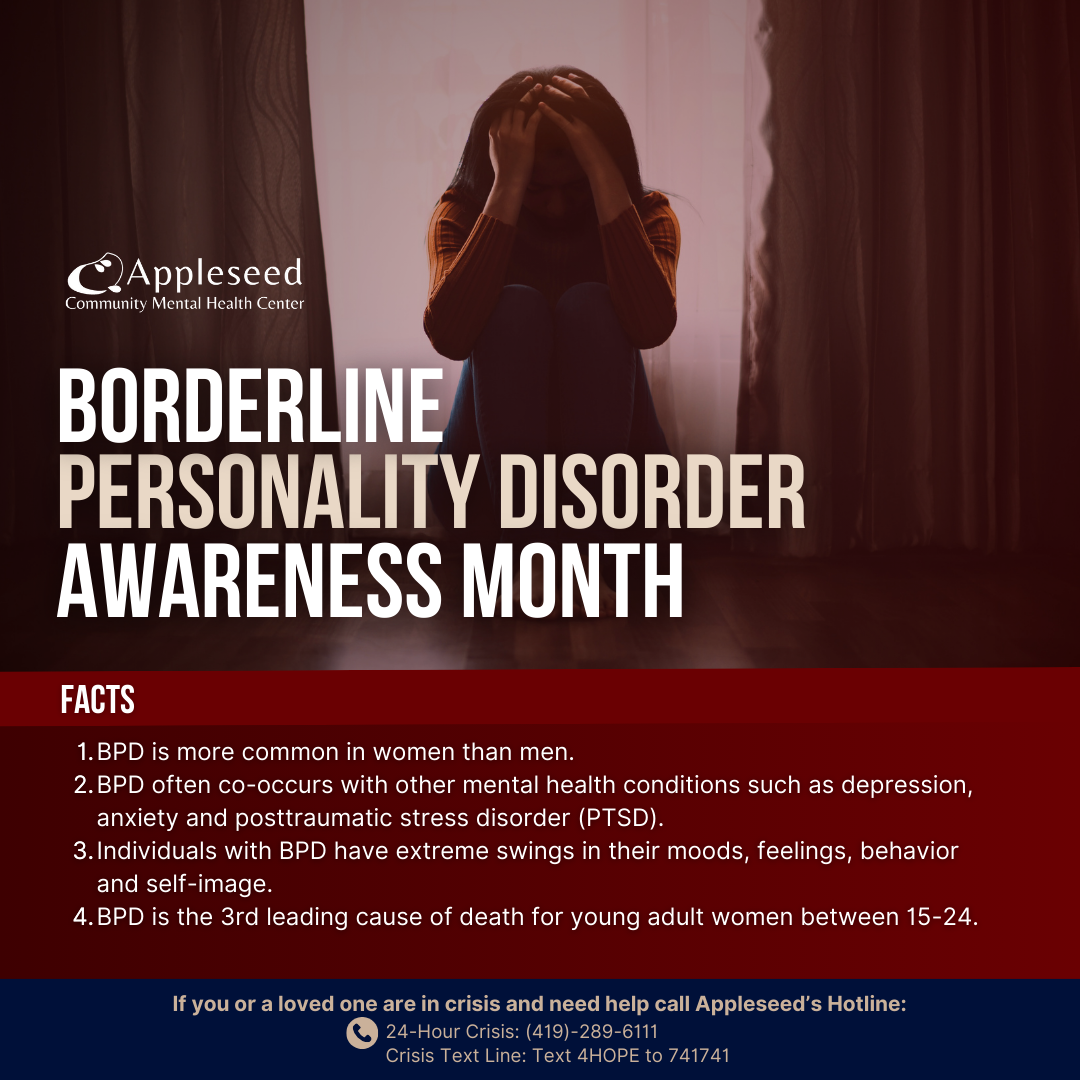It is important to recognize the mental health needs of the LGBTQ+ members of our community. According to NAMI, LGB youth are more than twice as likely to report experiencing persistent feelings of sadness or hopelessness than their heterosexual peers. Transgender youth face are twice as likely to experience depressive symptoms, seriously consider suicide, and attempt suicide compared to cisgender lesbian, gay, bisexual, queer and questioning youth.
You can be a difference maker for the young people in your life who identify as LGBTQIA.
The LGBTQ+ population is at a higher risk than the heterosexual, cisgender population for suicidal thoughts and suicide attempts. High school students who identify as lesbian, gay or bisexual are more than four times as likely to have attempted suicide. 40% of transgender adults have attempted suicide in their lifetime.
You can be a difference maker for your friends, family and neighbors who are part of the LGBTQIA+ population.
Listen, validate their feelings, and help them get professional help whenever needed.
-Jerry Strausbaugh, EdD, LPCCS, Executive Director







